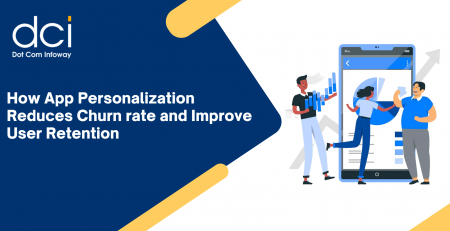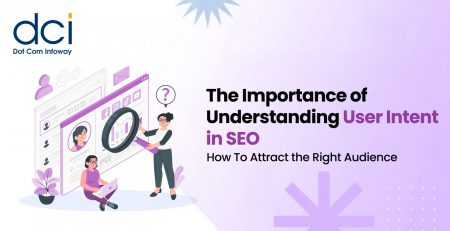You May Be Doing It Wrong! Massive Leak From Google’s Search Division
When you think of SEO, what comes to mind? For the longest time, Google has reiterated the EEAT song so much that it’s engrained into the minds of marketers. If you focus on providing authoritative and valuable content to your users, then you will rank up. Or will you? Well, Moz CEO has revealed some damning insights that may indicate the contrary. It might be that EEAT and traditional ranking factors may not be as important as we thought.

Who said what and when?
Rand Fishkin, the CEO of marketing software developers, received a game-changing email. He claims to have received a leaked document about how Google’s Search works. Basically, the email claims to be from a Google insider, and it’s even backed by the company’s former staff.
He received this email on May 5th, 2024, which was just a few days before Google’s I/O developer conference. For all the gains that the company made at this event, this latest shocking reveal is muddying the waters.
Unpacking the data leak
According to Rand, the leaker seemed legitimate and he’s what he had to say about the whistleblower’s credibility:
“Using mutual connections, I was able to confirm details of their work history. We scheduled a call and he showed me API documentation. It had 14,014 attributes or API features, spanning over 25,00 pages. Based on the document’s history, it was uploaded to GitHub on March 27th, 2024. It was taken down a few days later though” – Rand Fishkin, Moz CEO.
All in all, here’s a quick summary of what the claims suggested:
- Click data strongly influences search ranking
- Onsite behavior also has a huge say
- Domain penalties for matching unbranded search queries
- Google whitelisted websites during democratic elections & COVID.
How SEO traditionally works
Before we get into the claims, it’s important to think about how SEO traditionally works. This will give us an excellent yardstick against which to measure the claims.
In a nutshell, SEO involves optimizing a website to make it more “search-friendly.” This is usually heavily based on content marketing and supported by SEO techniques like:
- Image SEO optimization
- Improving user experience
- Link building and so on
Overall, conventional SEO is generally guided by Google’s EEAT mantra. This basically requires websites to demonstrate experience, expertise, authoritativeness, and trustworthiness. If a website ticks this checkbox, among other criteria, then Google should elevate site rankings. Or the search engine giant has led us to believe.
New insights from the data leak:
1. CTR matters more than EEAT
Google has over the years been adamant that EEAT holds more value over click data. But that may not be entirely true. Well, at least according to the alleged data leak from the claimed Google insider.
Allegedly, Google uses click data like click-through rates to determine your website rankings. This is a sharp contradiction to numerous company statements that dismiss CTR as a ranking signal.
2. User engagement is THE biggest deal
It’s certainly no secret that user engagement, or what searchers do after they click through to your site, matters. That’s old news but what’s eye-catching is the claims that user intent is the strong ranking signal.
3. New brands get the short end of the stick
Apparently, the playing field is far from level. The source also said that Google tends to reward more established brands at the expense of new players. If this is true, then the company is cultivating a very uncompetitive landscape. It is essentially helping to send new businesses to their early graves.

Boost your website’s ranking in Google’s top results by using SEO.
Use our advanced SEO techniques to bring your website to the top of Google SERPs. Improve visibility, increase traffic, and dominate search results.
Takeaways for SEO
It’s important to note that all these claims emanate from the Moz CEO and his contact. Google has neither denied nor accepted the allegations. In fact, it has remained suspiciously numb on the matter. Regardless of who said what, an important question remains. What does this mean for SEO going forward? This certainly is a huge curve ball that throws a spanner in the works.
Well, here’s a quick summary of what it may mean:
- CTR could be an important factor, so don’t take chances. You can make your search results more appealing by crafting compelling metadata.
- Build a trustable, reputable brand in the real world, and success may follow online with Google search. Do it in reverse and the odds may be stacked against you.
- Page titles are extremely important
- For navigation search queries, content and links don’t matter as much
Parting shot
At the end of the day, this data leak remains speculation. However, that doesn’t mean that you should sweep it under the rug. There’s strong evidence to suggest that the data leak and its source could be legitimate. So as you go about traditional SEO as you know it, spare a thought for user intent and click data. Moreover, build a great brand offline to increase navigational demand for your brand. There’s also one other thing that this leak has taught us. That’s to take Google’s statements about its ranking signals with a pinch of salt. Always keep an open mind, and be open to molding SEO strategies according to independent, non-Google sources as well.















